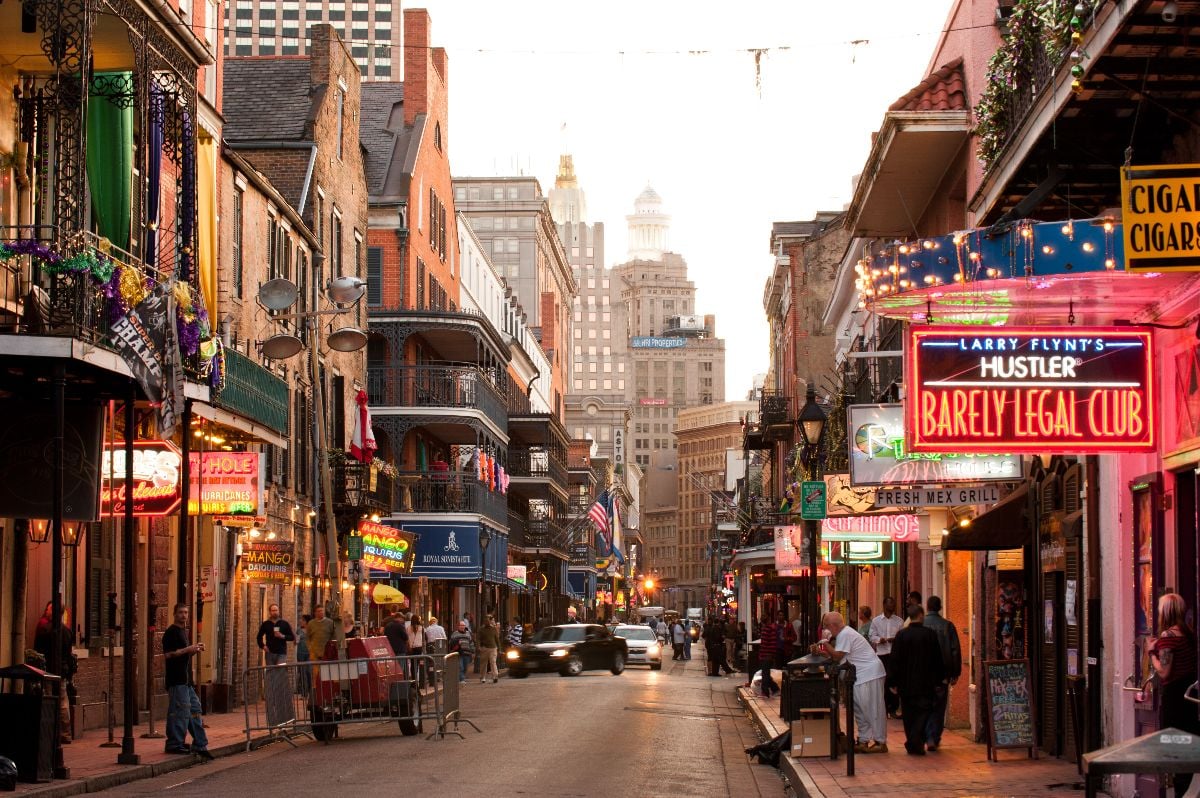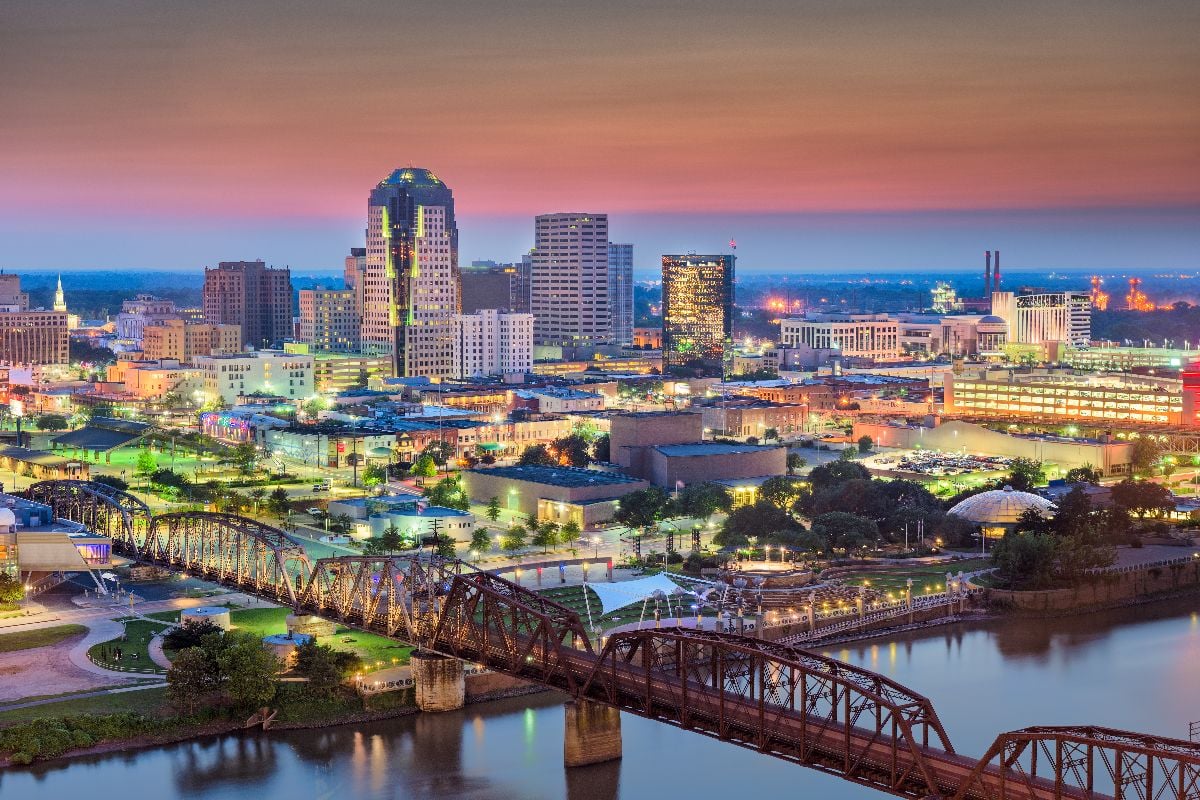
Here’s a lighthearted look at the delightful culture clash between two great neighbors. Texans and Louisianans share heat, highways, and a love of good food, but they often talk past each other across the Sabine.
One side speaks in brisk brisket and big skies; the other sings in zydeco and slow-cooked gravies. The fun is in the details—tiny habits and hometown truths that feel obvious to one and utterly mysterious to the other.
25. Why “parish” isn’t just a church thing
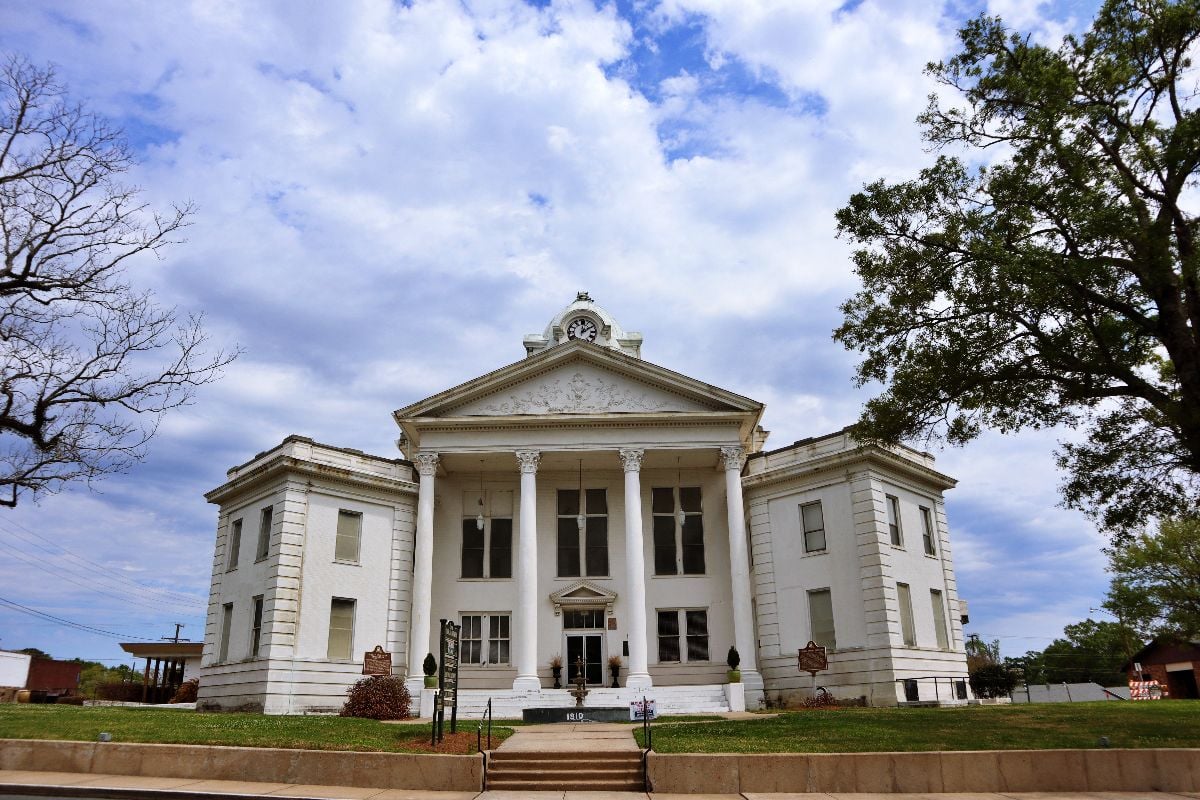
Texans hear “county,” while Louisianans live in “parishes,” and that simple swap bewilders folks west of the line. It’s not a religious designation; it’s a remnant of French and Spanish rule. The word shapes everything from maps to courthouse signs. To Louisianans, it’s normal; to Texans, it sounds like Sunday school took over local government.
24. Gumbo as a season, not a soup
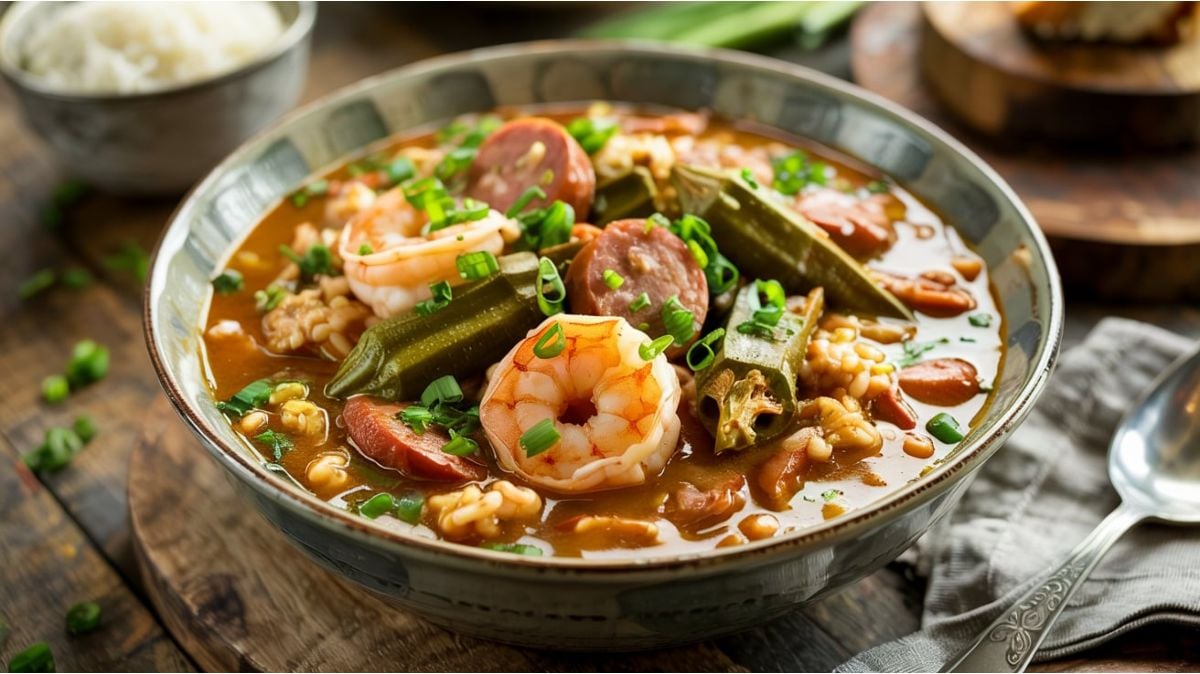
Texans might call gumbo a stew and move on, but Louisianans treat it like a calendar event. The first cool snap means gumbo pots come out and phone trees light up. Debates over Roux darkness can rival playoff arguments. It’s not dinner—it’s an atmosphere.
23. “Neutral ground” in the middle of the street
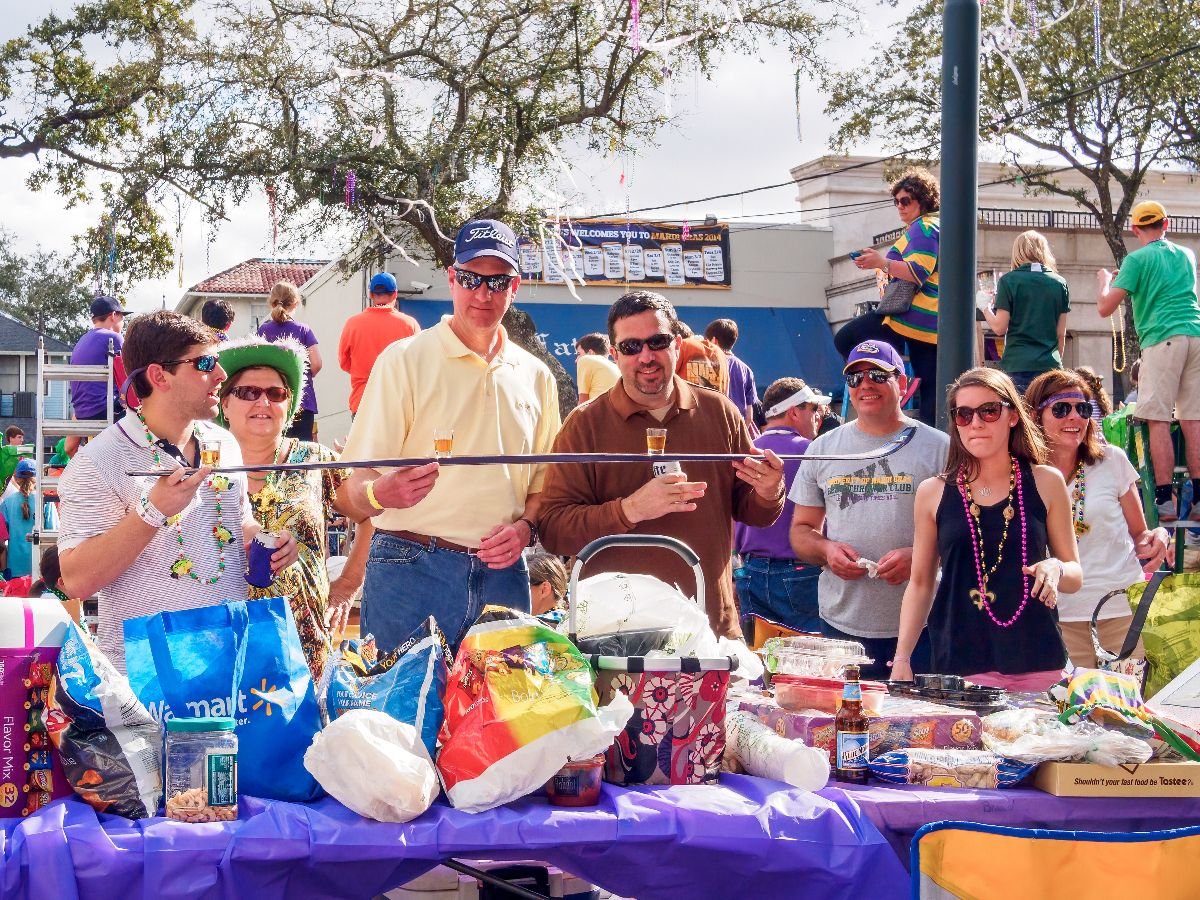
Texans say “median,” but Louisianans, especially in New Orleans, say “neutral ground.” The term is a quirky historical leftover with daily-life usefulness. Meet there for parades, second lines, and Mardi Gras ladder perches. For Texans, it’s just traffic control; for Louisianans, it’s community real estate.
22. Drive-thru daiquiris are somehow… legal
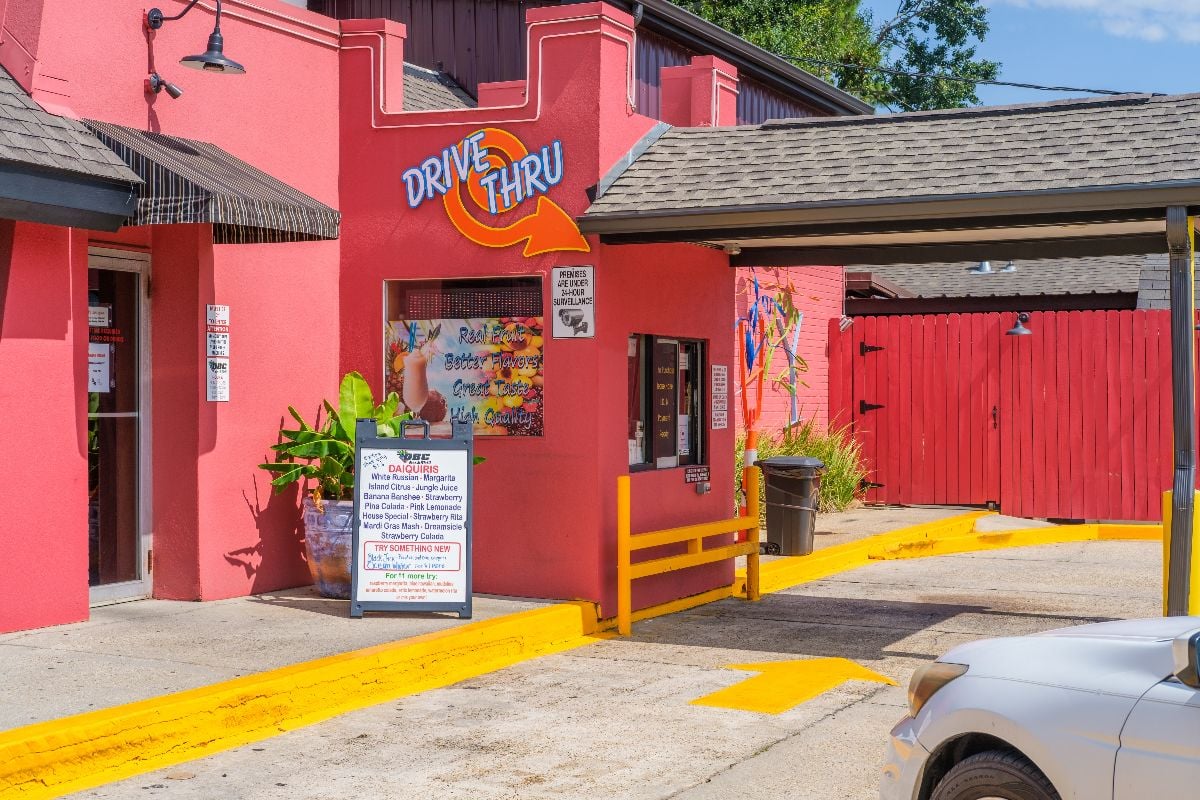
Texans do a double-take at the daiquiri shops with pickup windows. In Louisiana, sealed lids and tape over the straw satisfy the rules. It’s the perfect pre-tailgate ritual without leaving the car. Texans keep asking, “But… how?”
21. Beads as a household utility
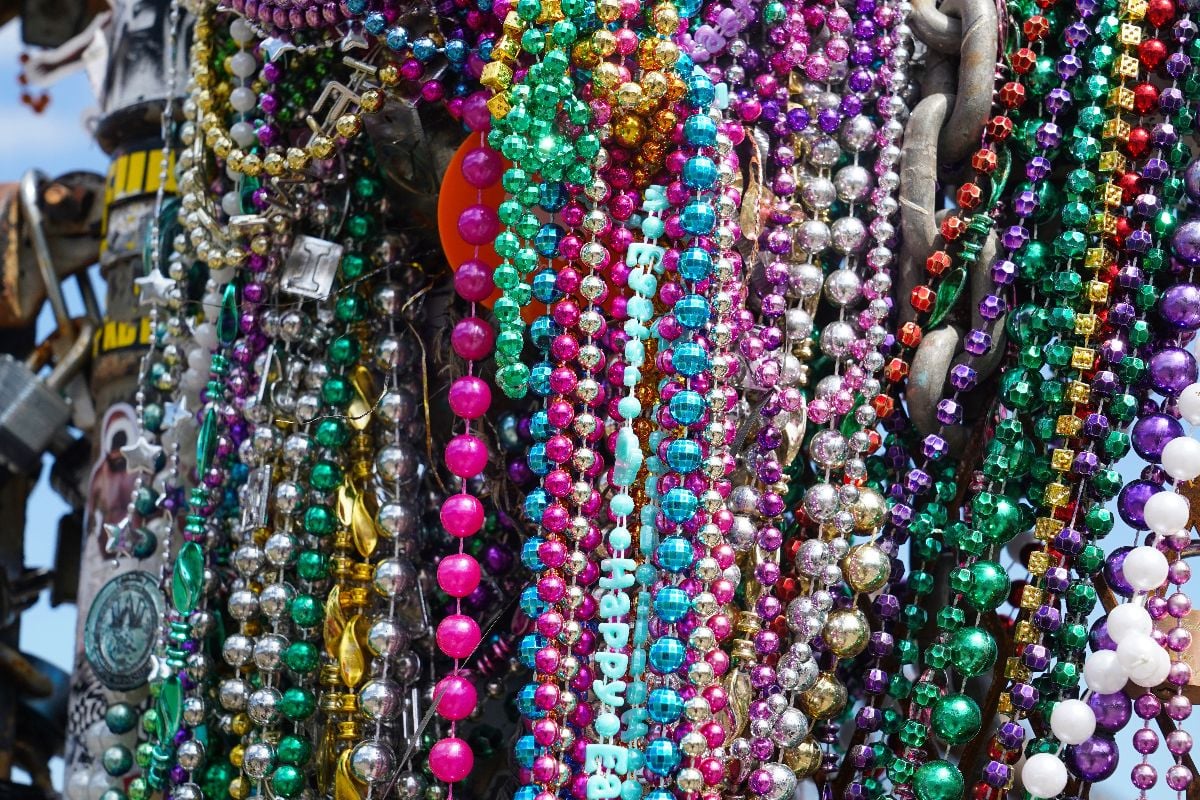
In Texas, beads mean craft projects or kids’ dress-up. In Louisiana, they’re the currency, décor, and fossilized memories from Mardi Gras. Attics and porches hold piles ready for the next parade. Texans wonder why anyone needs that many; Louisianans wonder how you manage with so few.
20. Hurricanes as a cocktail and a forecast
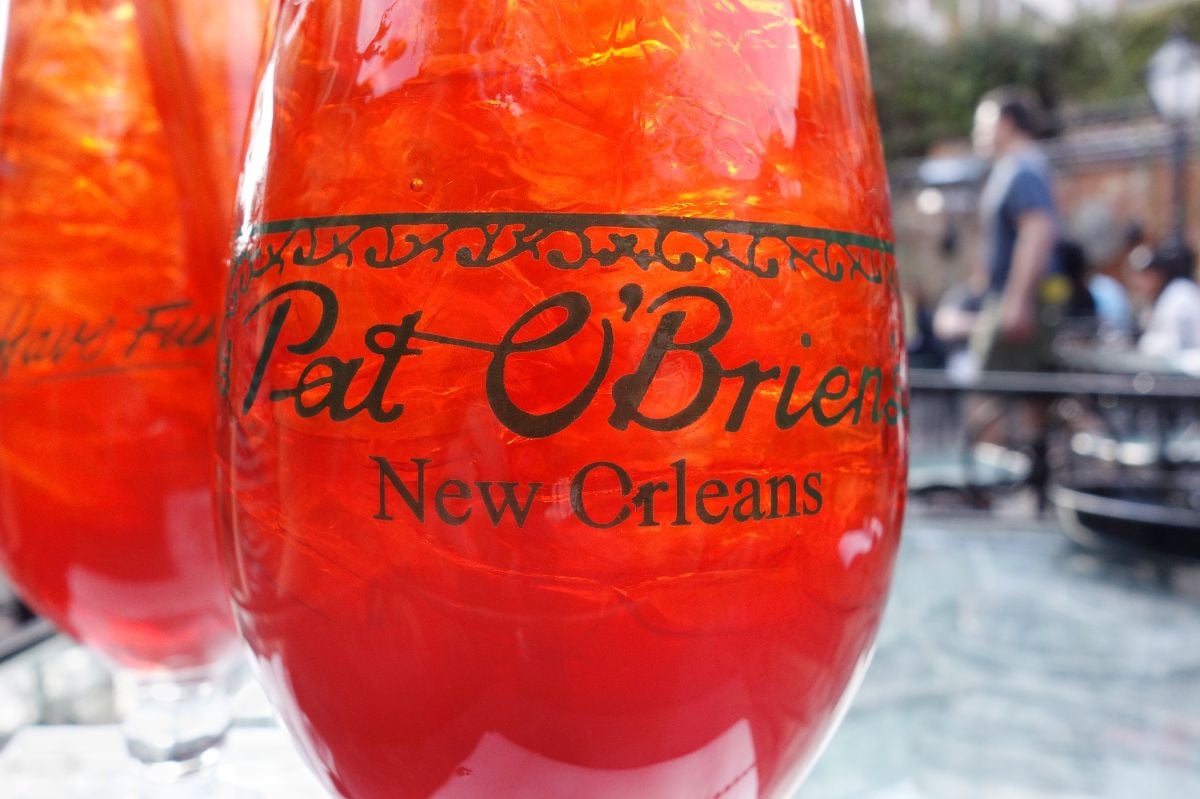
Would you like to save this?
Say “hurricane” in Texas, and folks check the Gulf radar. Say it in Louisiana, and someone might hand you a crimson drink in a curvy glass. Both are taken seriously, just differently. Context is everything, and in Louisiana both contexts often overlap.
19. The holy trinity (not that one)
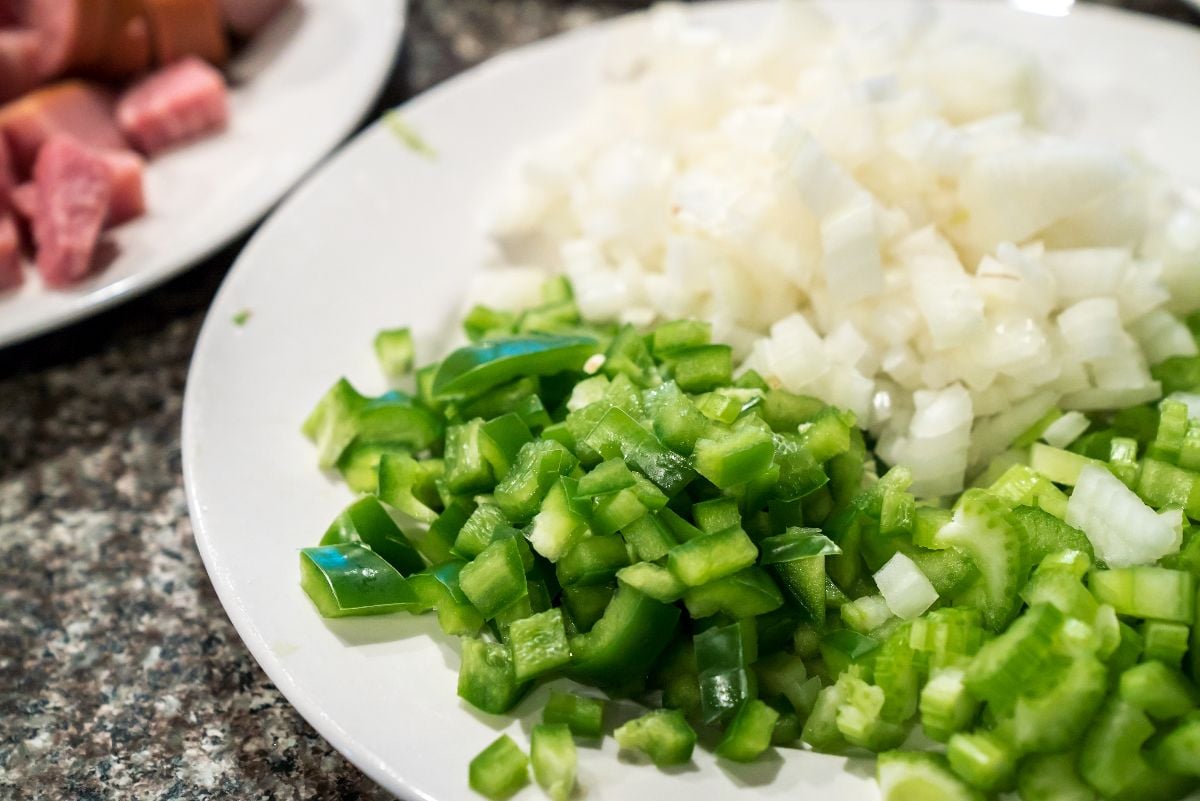
Texans think of church; Louisianans think of onions, bell peppers, and celery. This aromatic trio launches a thousand pots of magic. It’s as foundational as brisket rub in Texas. Without it, dinner simply isn’t speaking the right language.
18. Crawfish etiquette that reads like law
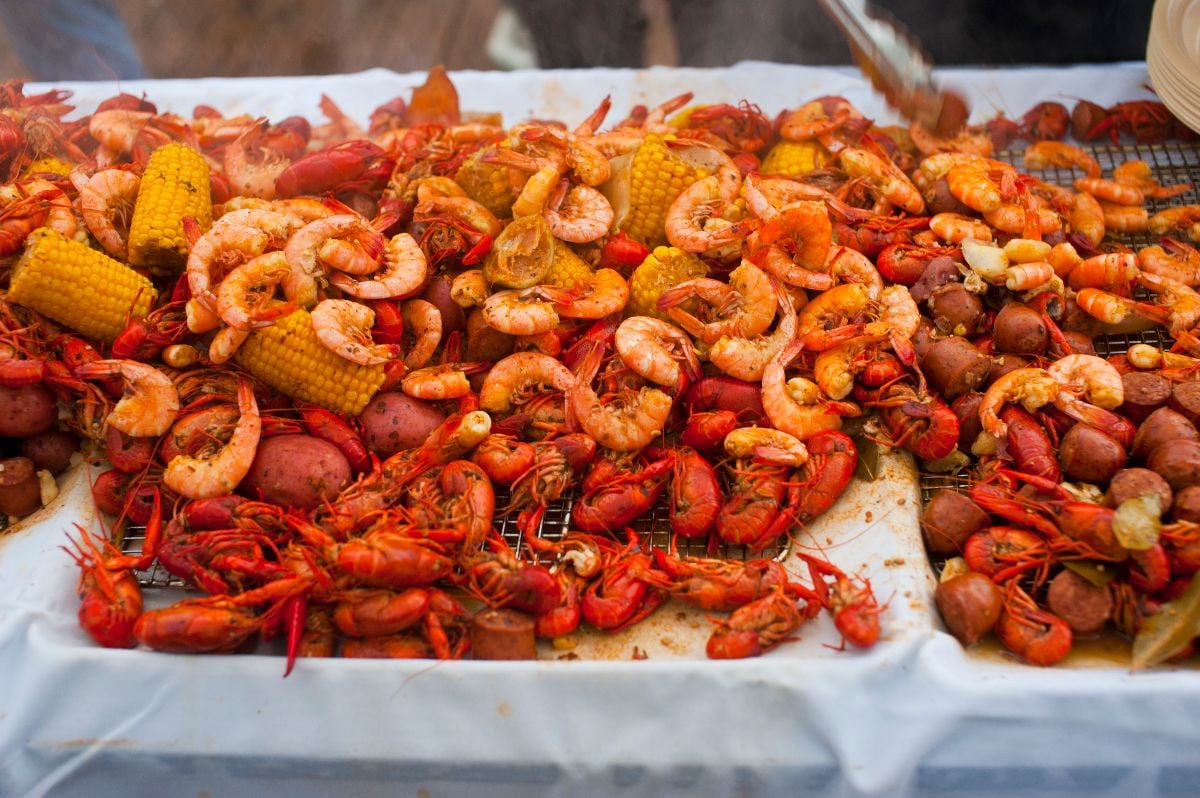
Texans see mudbugs; Louisianans see springtime joy. There’s a right way to purge, season, and peel, and everyone’s Uncle Ti-Boy knows best. A good boil is social architecture with cayenne. Texans show up hungry; Louisianans show up with opinions.
17. Zydeco at breakfast
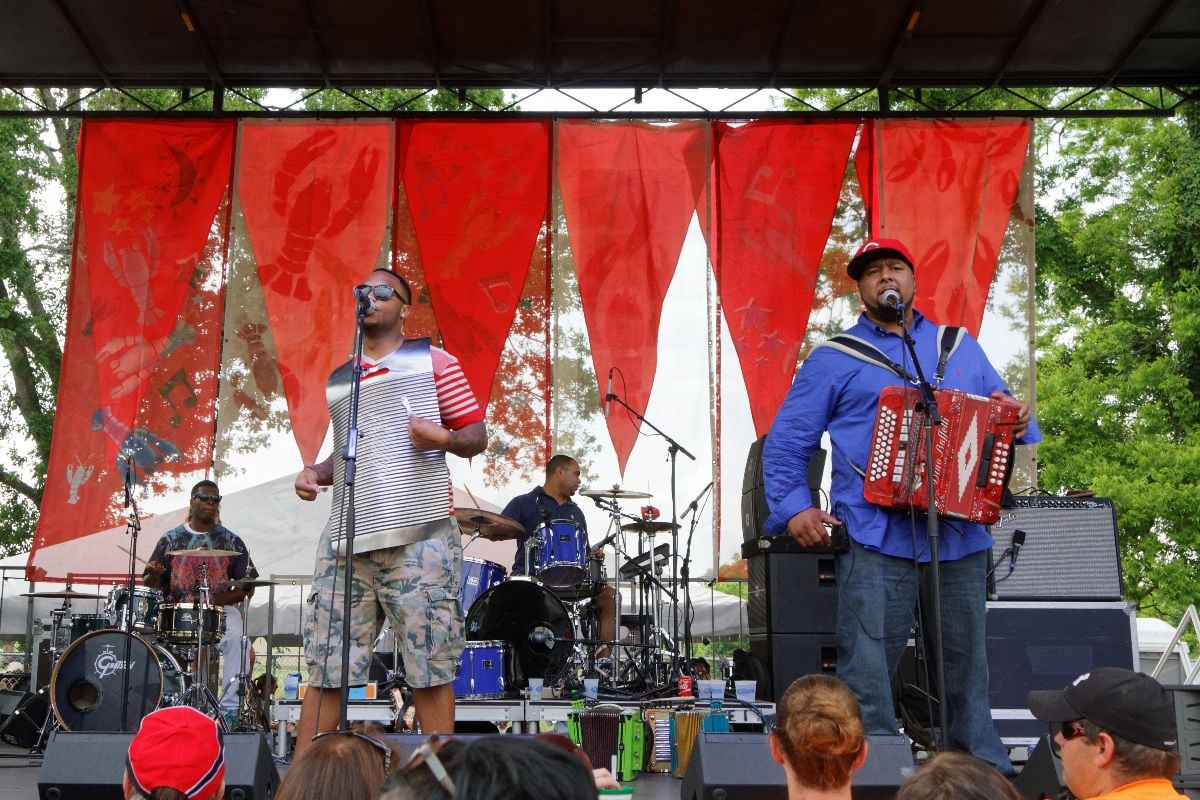
In Texas, the morning soundtrack is country radio or quiet coffee. In Louisiana, it might be accordion riffs and washboard rhythms at a diner. People two-step between tables like it’s the most natural thing. Texans blink twice and then start smiling.
16. King cake rules with secret consequences
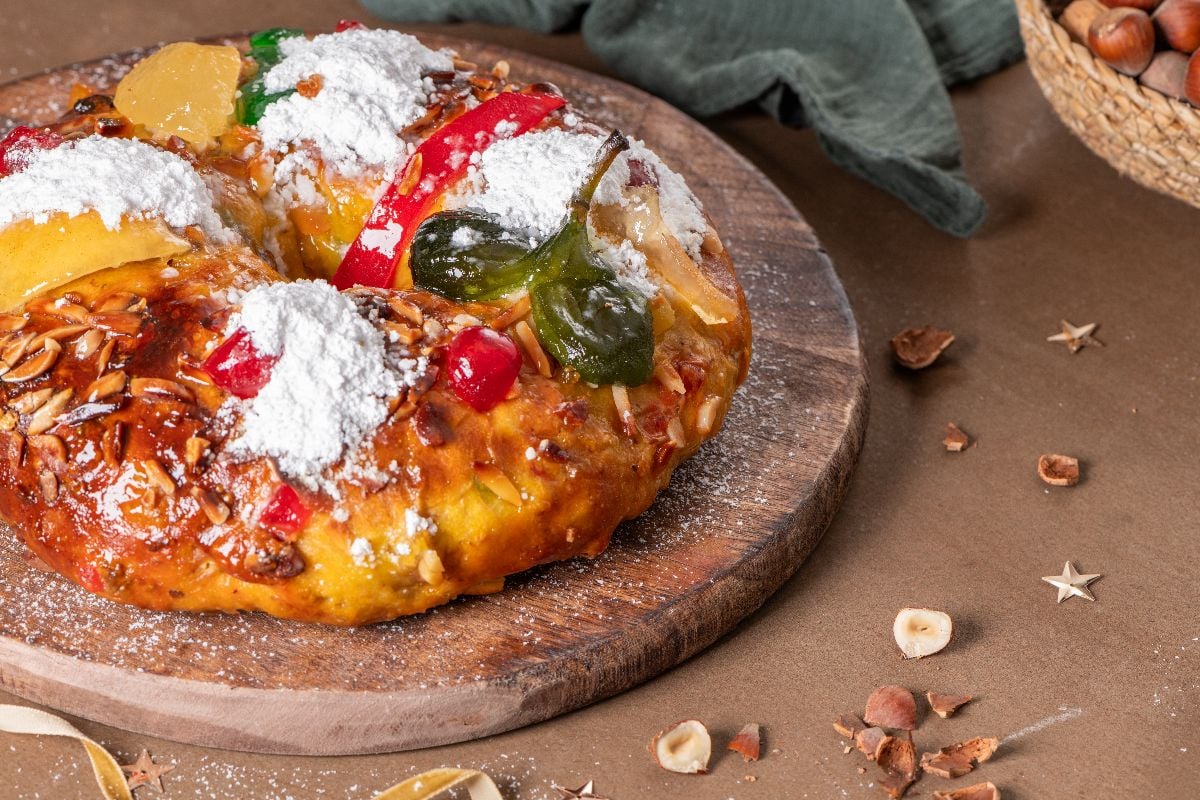
Texans like cake; Louisianans enact cake. There’s a baby inside, and if you get it, you’re bringing the next one. Flavors spawn fierce loyalties from traditional to praline-filled decadence. It’s a dessert with civic responsibility.
15. The calendar revolves around Carnival, not just Christmas
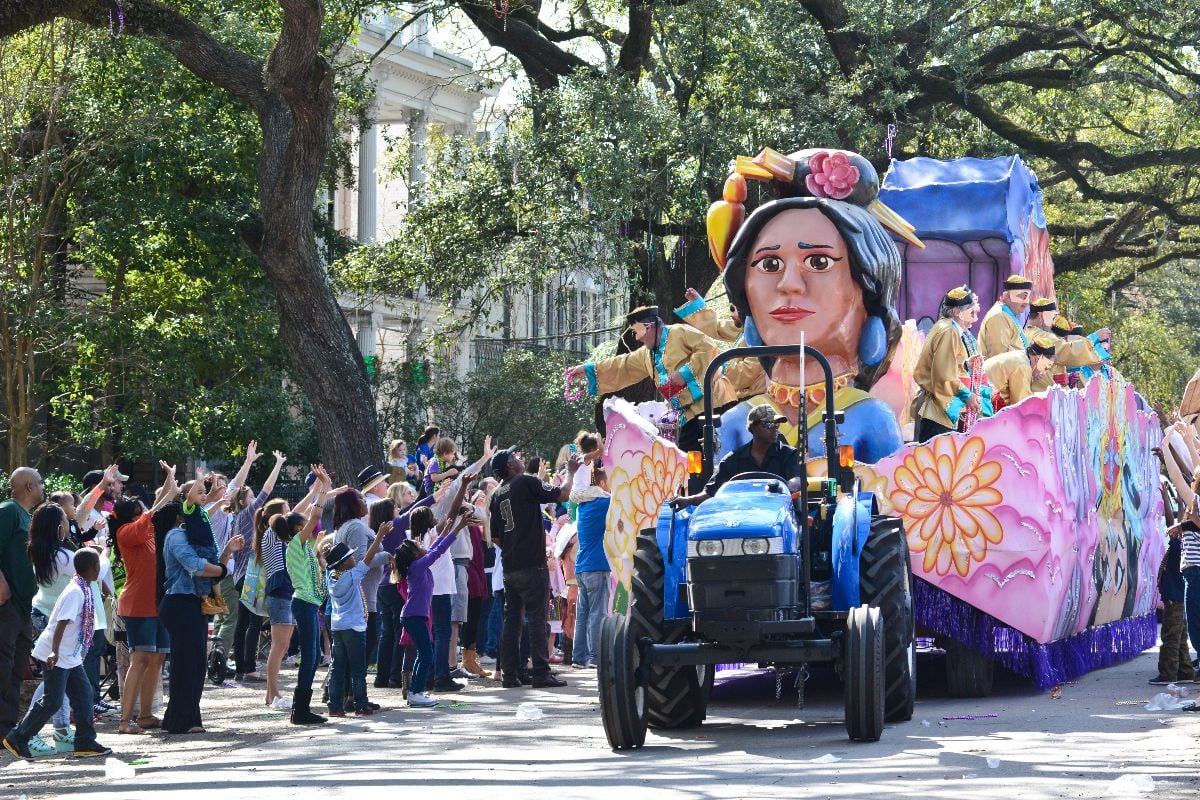
Texas holidays build toward rodeos, fairs, and football bowls. Louisiana’s year crescendos toward Twelfth Night and parades that roll for weeks. Costumes, krewes, and route maps live on fridges. Texans ask for a schedule; Louisianans say, “Laissez les bons temps rouler,” and the schedule finds you.
14. “Go cup” diplomacy
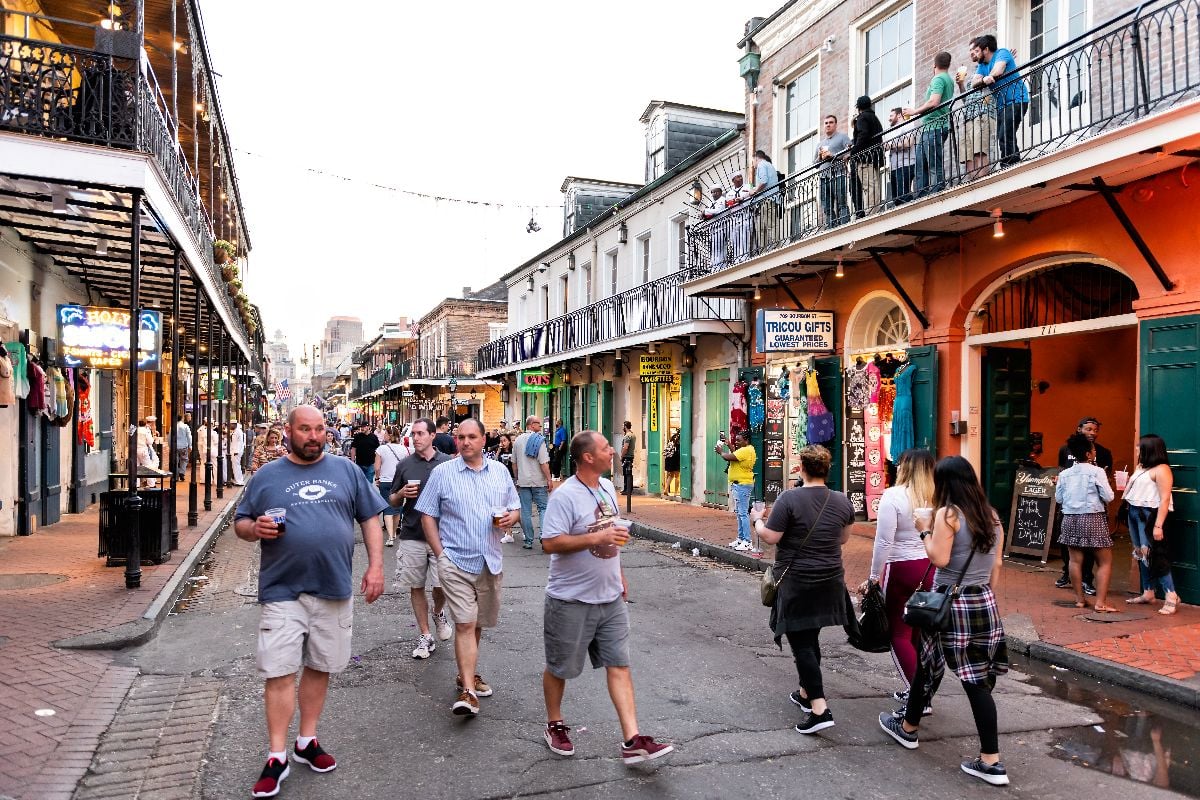
Texans often finish drinks where they’re poured. Louisianans politely ask for a go cup and keep the party moving. It’s a social lubricant with civic boundaries everyone understands. Texans learn quickly: never leave a good conversation behind.
13. Pronouncing places like a local is a test
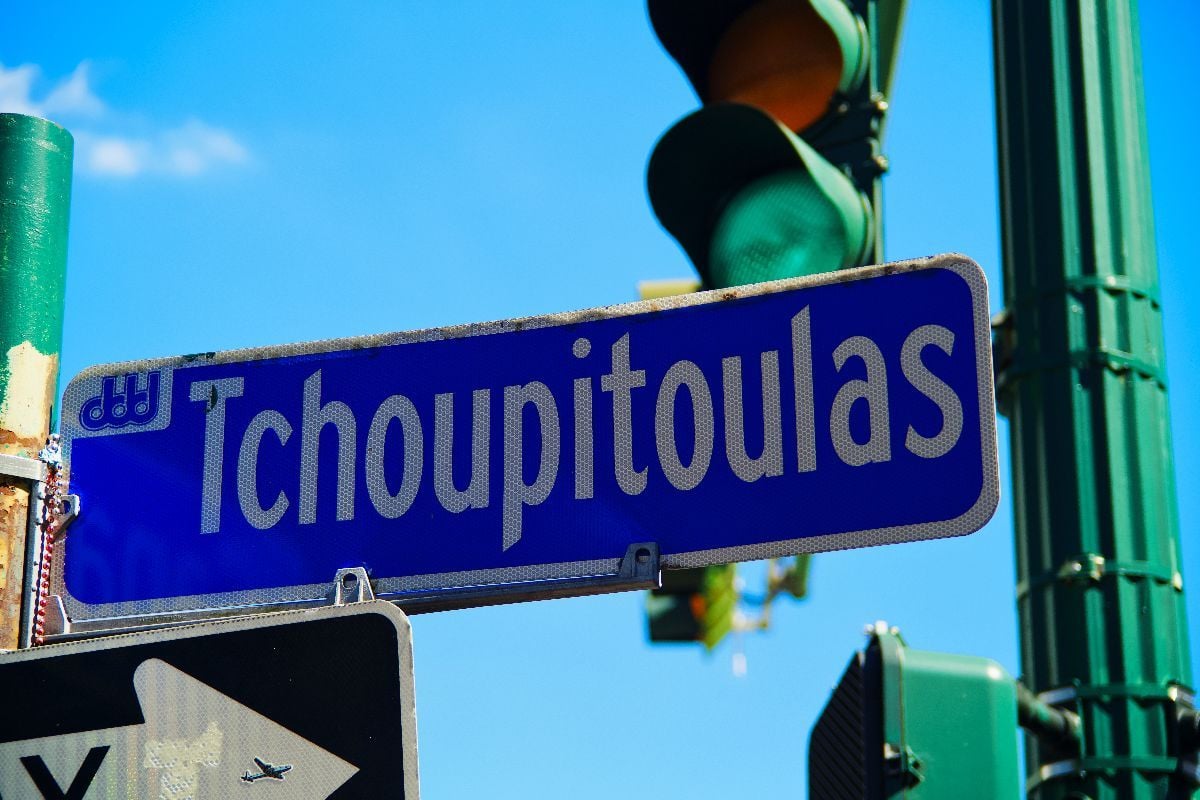
In Texas, you can fake it with confidence and get by. In Louisiana, the names test your vowels and your nerve—Tchoupitoulas, Atchafalaya, Opelousas. Locals can hear when you miss a beat. The map reads like a language lesson with extra seasoning.
12. Fishing is also for eating today
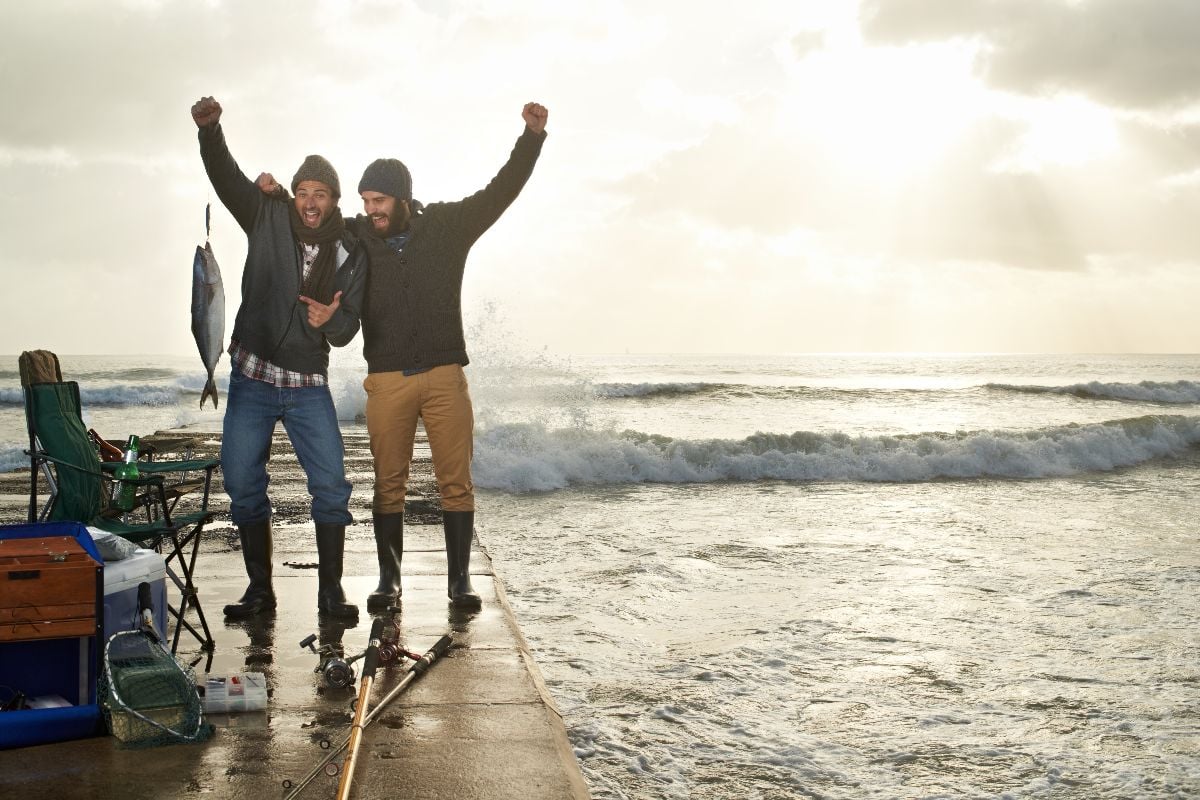
Texans love to fish for sport, photos, and weekend quiet. Louisianans fish with ice chests ready and fryers standing by. Redfish, speckled trout, and shrimp turn into supper before sunset. The water is a pantry, not a hobby.
11. Church cookbooks as culinary scripture
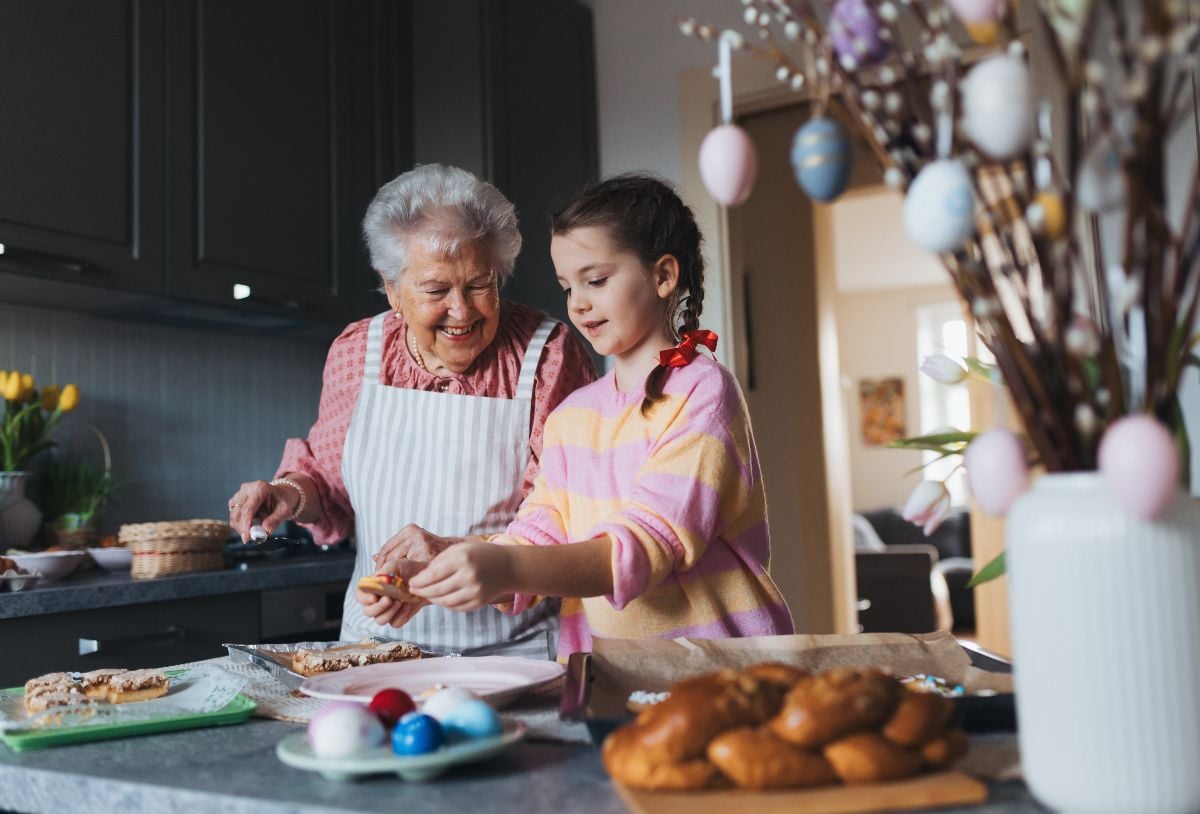
In Texas, cookbooks are nice to have; in Louisiana, spiral-bound parish collections are treasured heirlooms. Recipes carry family names and a sense of place. Measurements are “until it smells right” and “just enough heat.” Texans ask for exact cups; Louisianans hand you a story.
10. Weather reports that include “gumbo weather”
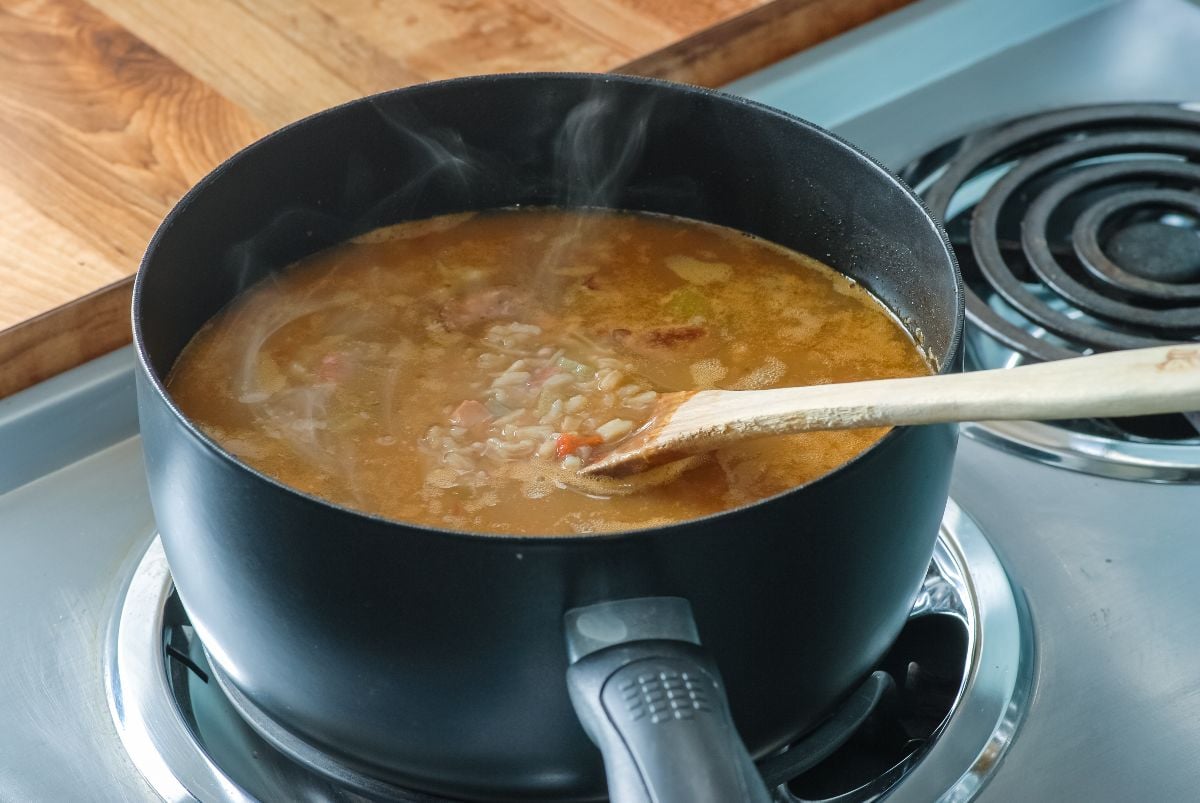
Texans track cold fronts and triple-digit highs. Louisianans declare “gumbo weather” the minute the humidity backs off. Forecasts are vibes as much as metrics. The pot answers the barometer.
9. Small-town boudin diplomacy
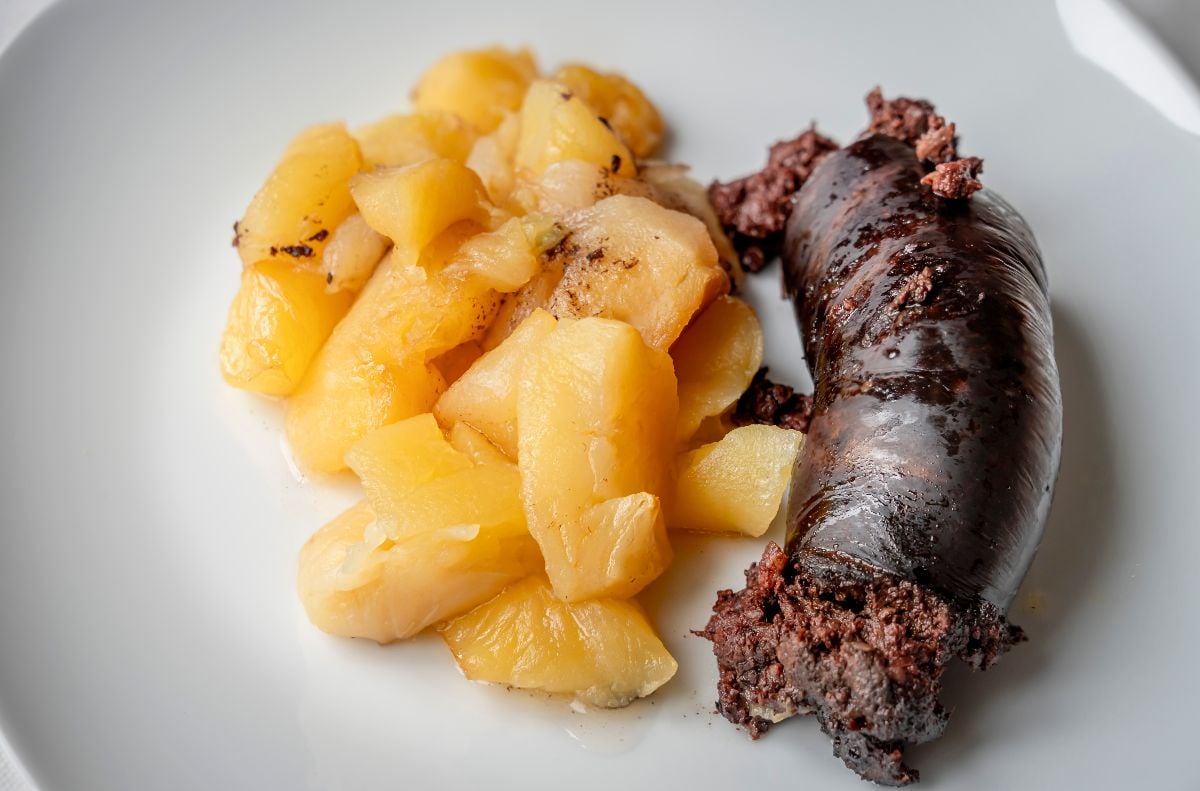
Texas gas stations serve kolaches and breakfast tacos with pride. Louisiana counters with warm boudin links wrapped in paper. Entire friendships begin at a meat counter by the register. Texans buy a snack; Louisianans negotiate a lifestyle.
8. Jazz funerals that celebrate as they mourn
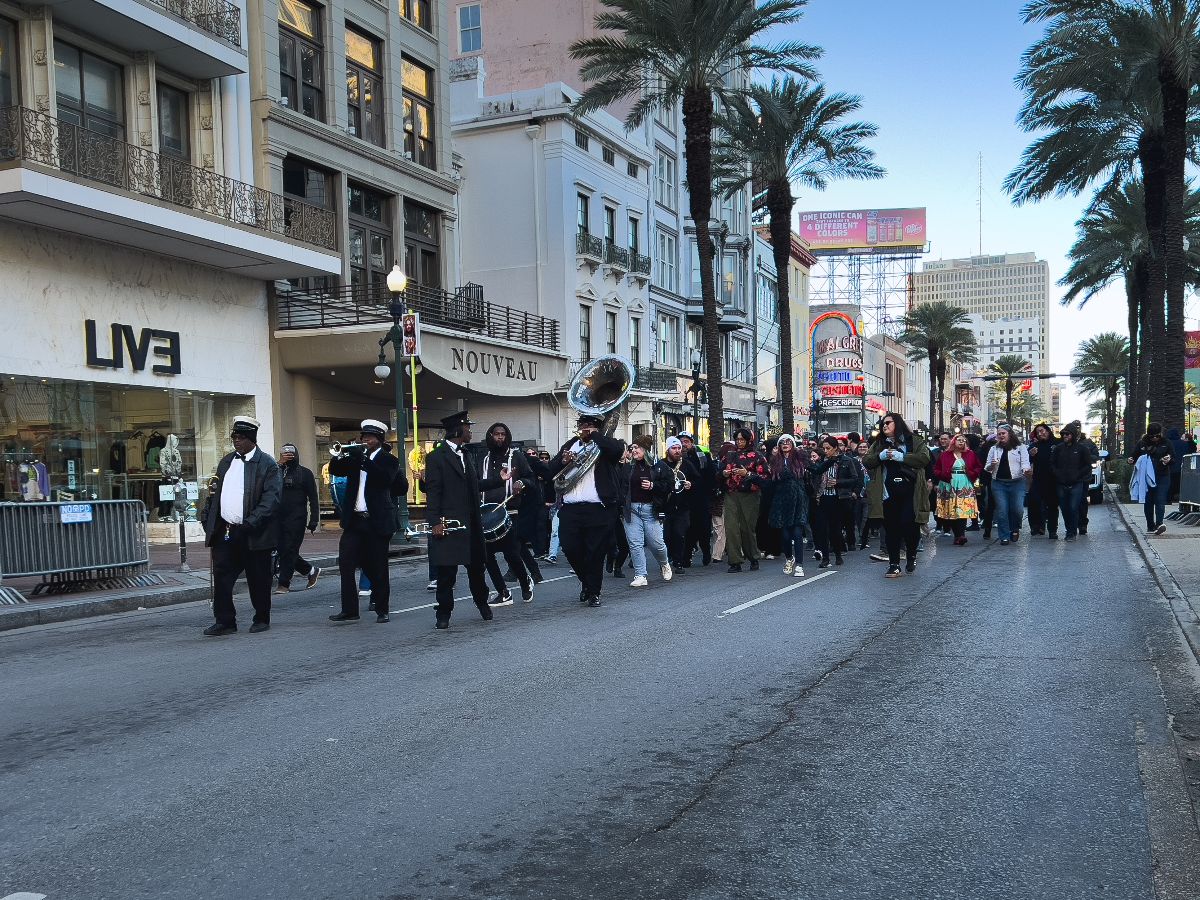
Texans expect solemnity curb to curb. Louisiana processions bend sorrow into music, turning streets into sanctuaries. Brass bands carry feelings that words can’t. Texans come away changed, even if they can’t explain how.
7. Football is religion, but tailgate is liturgy
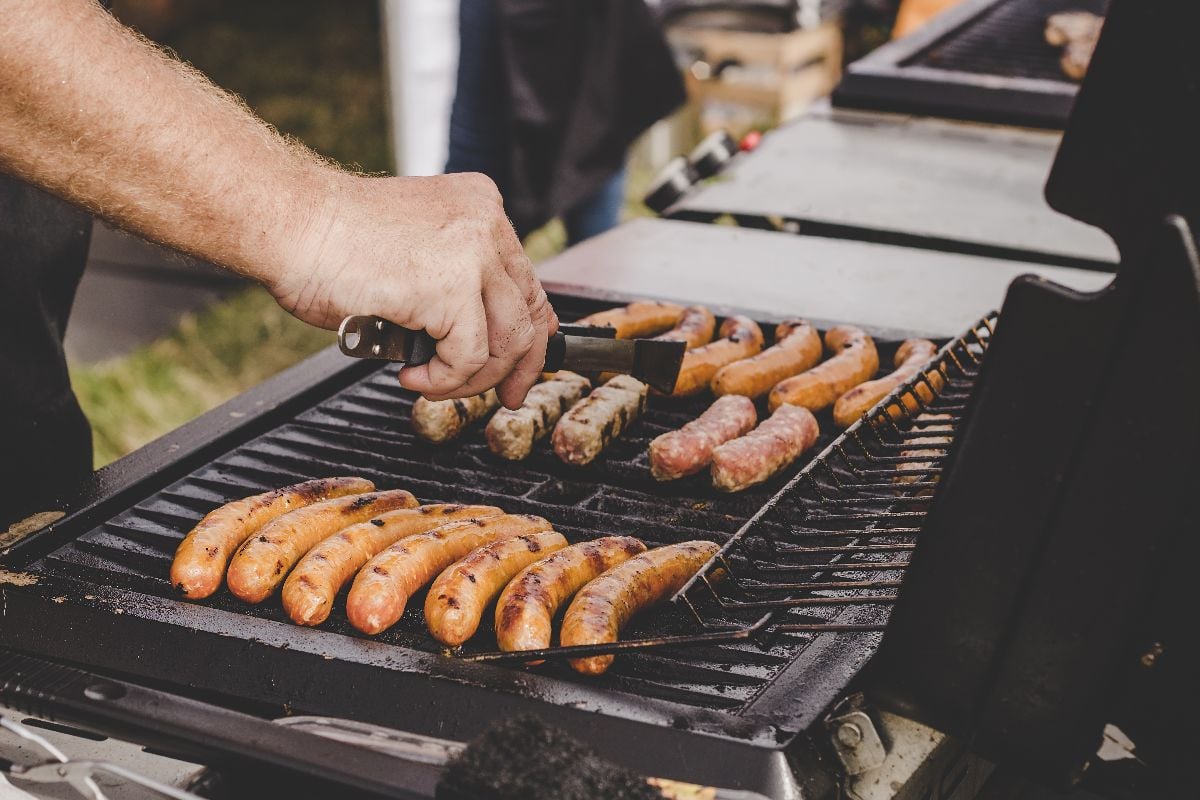
Would you like to save this?
Texans revere the game with precision and stats. Louisianans elevate the tailgate to culinary theater—pots, burners, and recipes with lineage. Kickoff is important, but so is the jambalaya that took all morning. Priorities are balanced on a folding table.
6. The etiquette of lagniappe
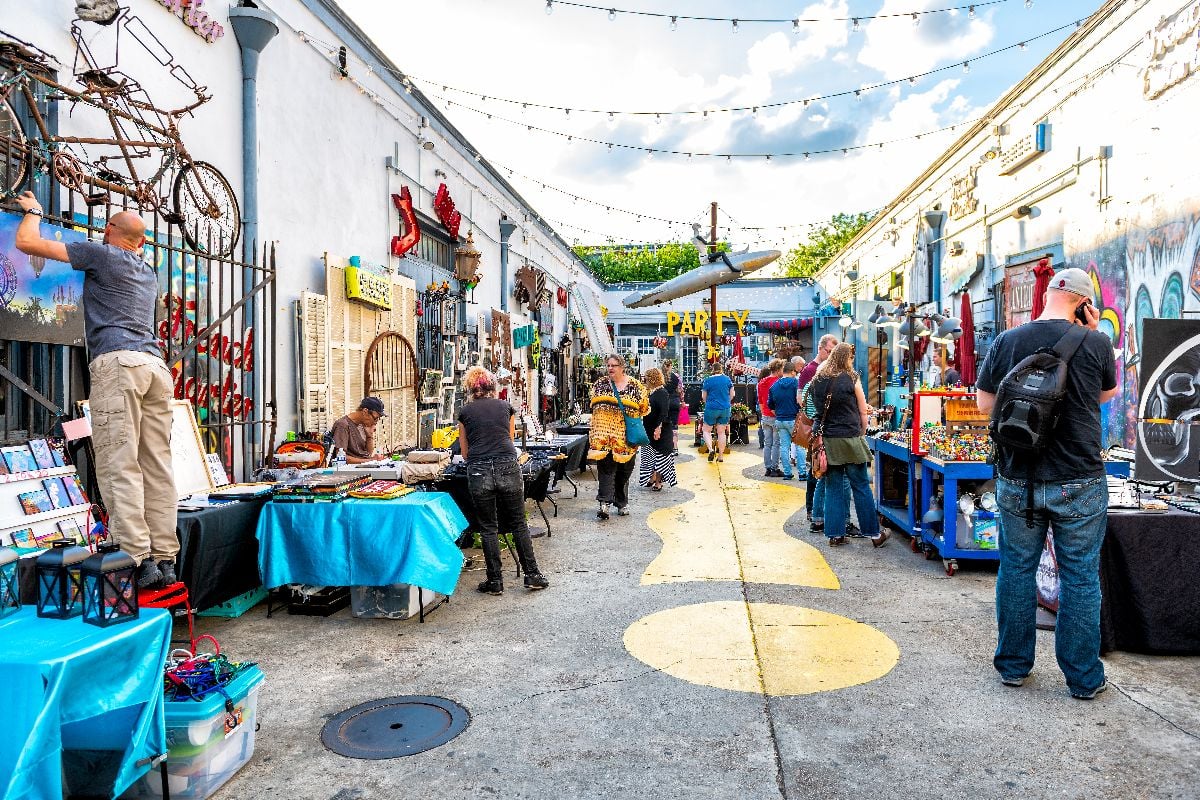
Texans say “bonus” or “extra.” Louisianans say “lagniappe,” a little something more to sweeten the deal. It’s a philosophy disguised as a small gift. Texans appreciate the gesture; Louisianans see it as the way things should be.
5. Mardi Gras is not one day
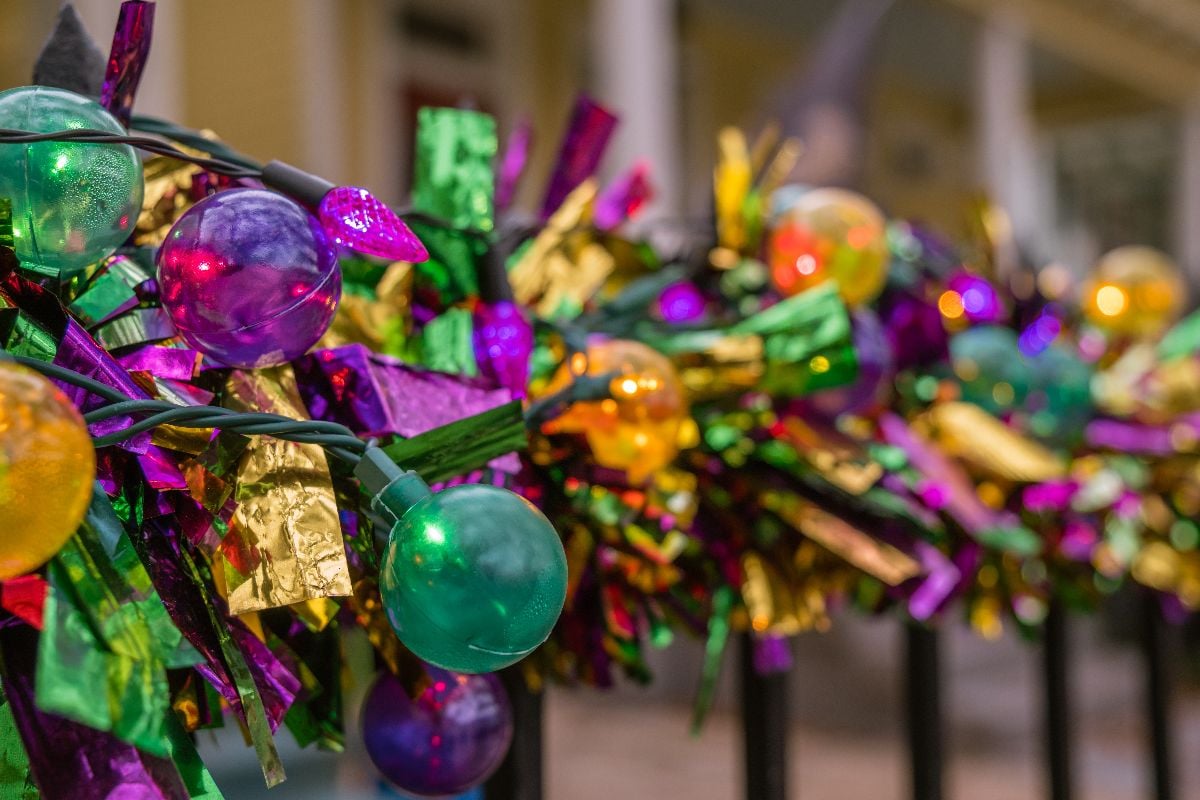
Texans circle a Tuesday on the calendar. Louisianans circle a season full of balls, throws, and routes from January through Fat Tuesday. Each week escalates like a drumline. Texans ask when it starts; Louisianans say, “It never really ends.”
4. Hot sauce is an identity, not a condiment
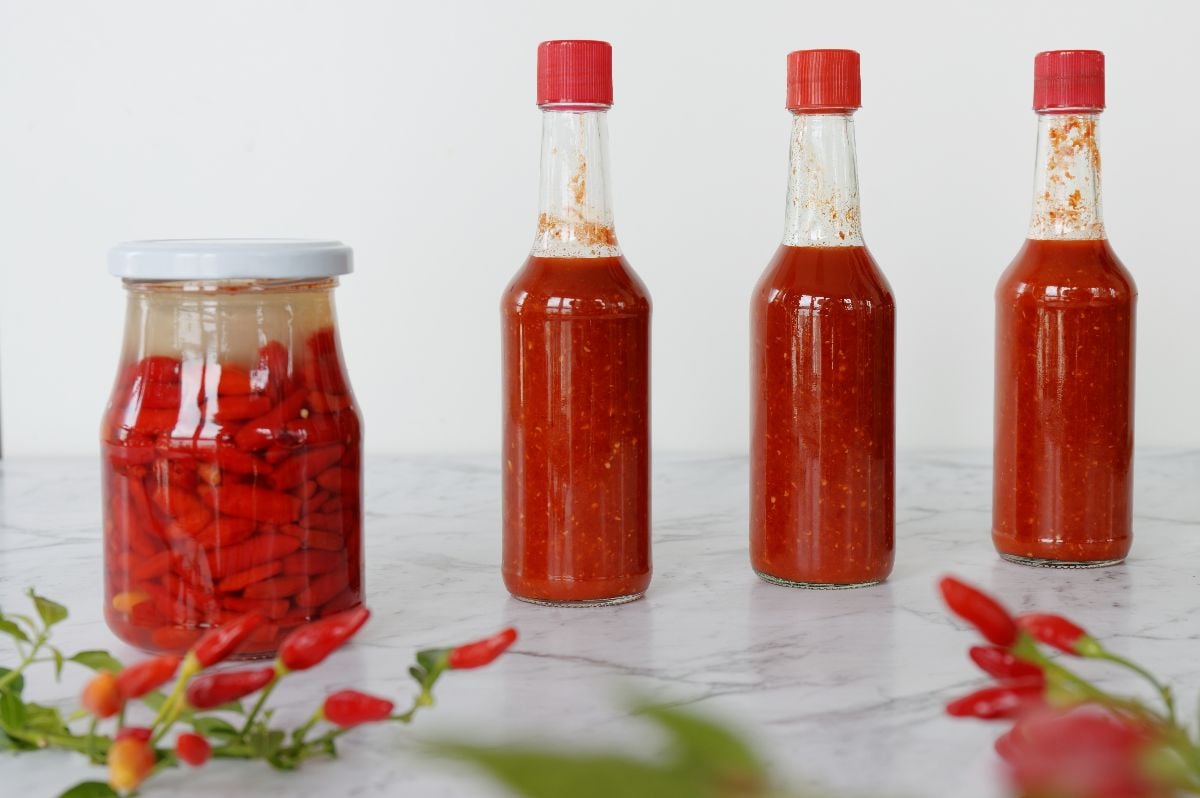
Texans keep a bottle or two for tacos and eggs. Louisianans curate entire shelves, each with a purpose and a family tree. Vinegar snap versus pepper heat is a serious conversation. The wrong bottle can derail a friendship—or at least a lunch.
3. The bayou is a home address

Texans picture a swamp; Louisianans picture a neighborhood. Bayous have names, histories, and family memories like streets do. Boating there is as normal as driving across town. Texans bring bug spray; Louisianans bring potato salad.
2. Language that winks while it talks
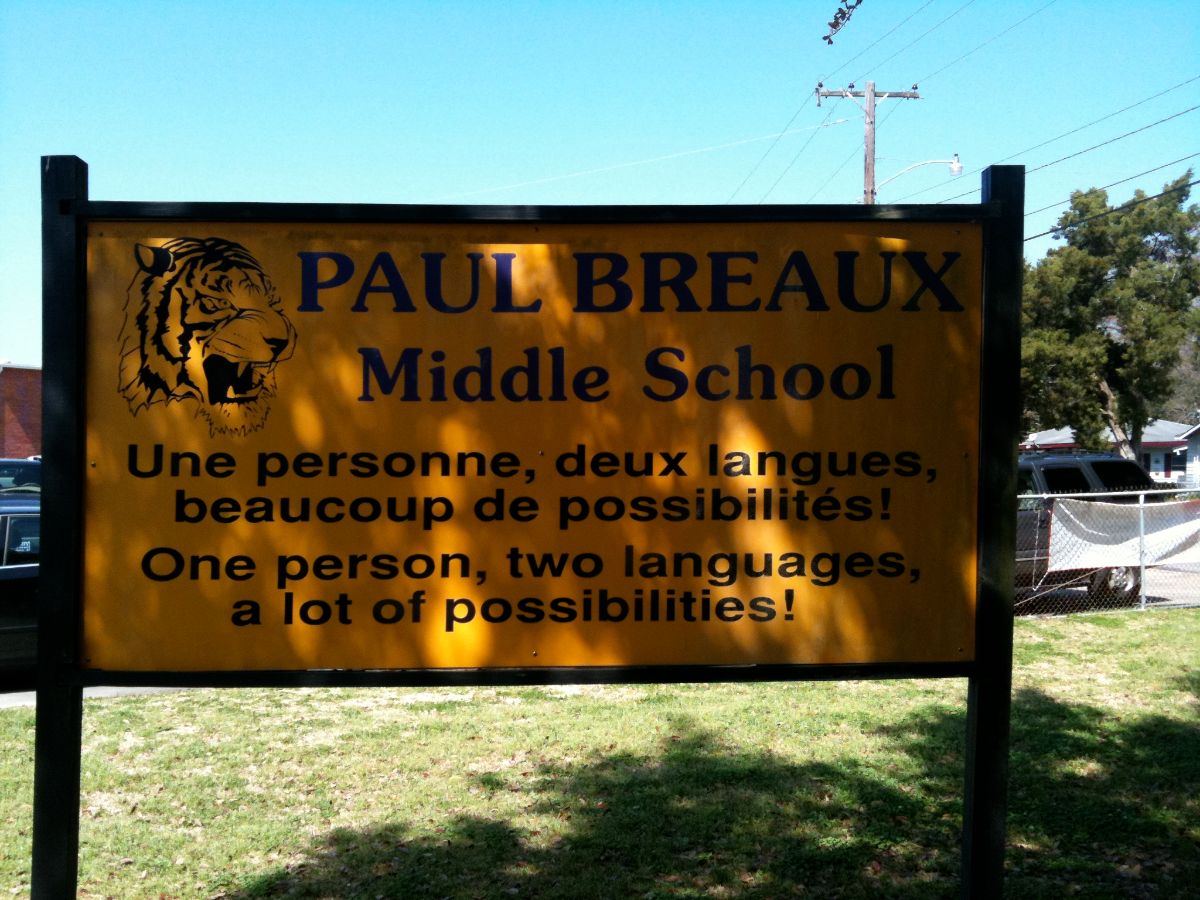
Texans value straight talk and tall tales. Louisiana speech dances—Cajun French seasoning, Creole turns, and city slang. “Cher,” “sha,” and “making groceries” say as much as paragraphs. Texans listen twice, then start borrowing phrases.
1. “Let the good times roll” is policy, not motto
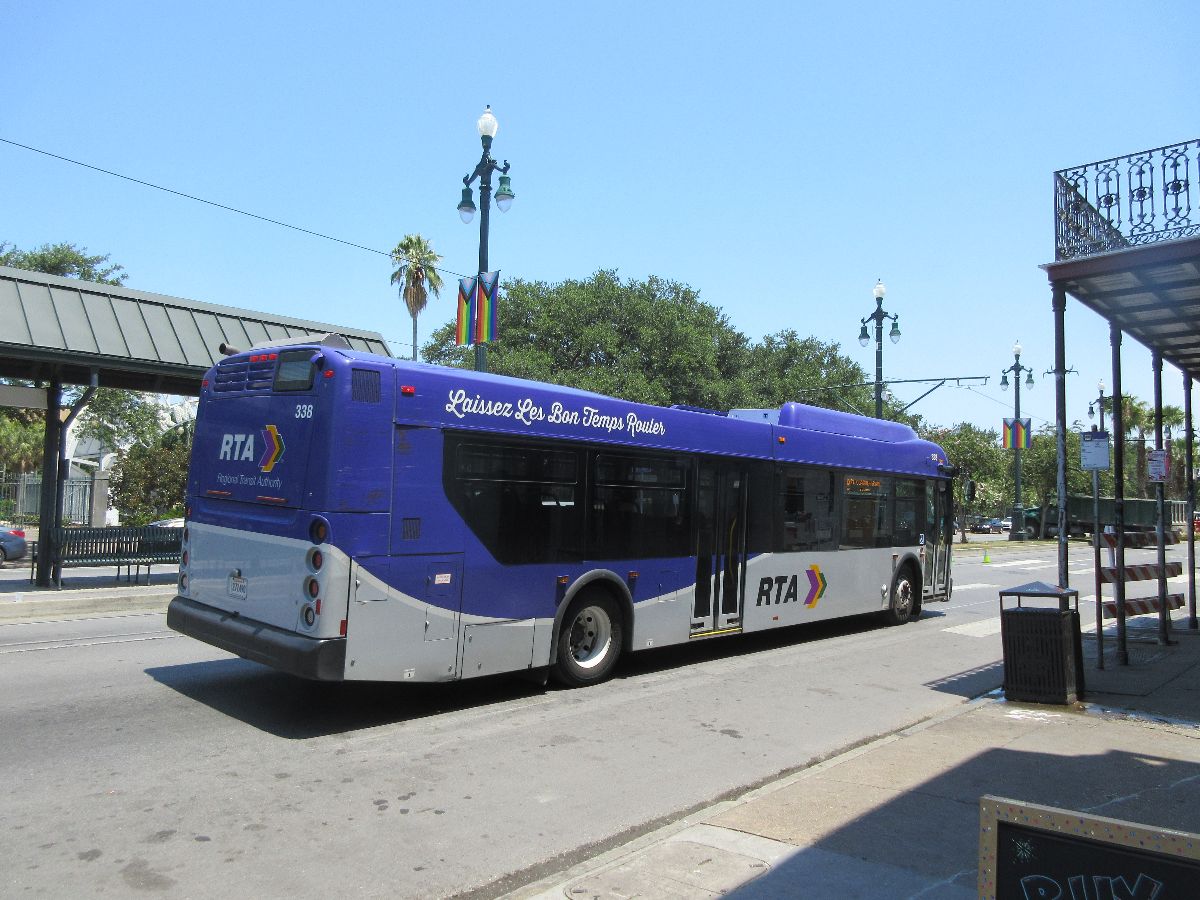
Texans love a good time, but they schedule it between commitments. In Louisiana, joie de vivre sits at the top of the to-do list. Music, food, and friends are reasons first and plans second. Texans visit and think it’s a vacation; Louisianans live like that on a Tuesday.


